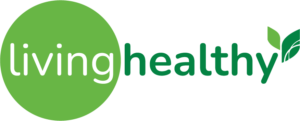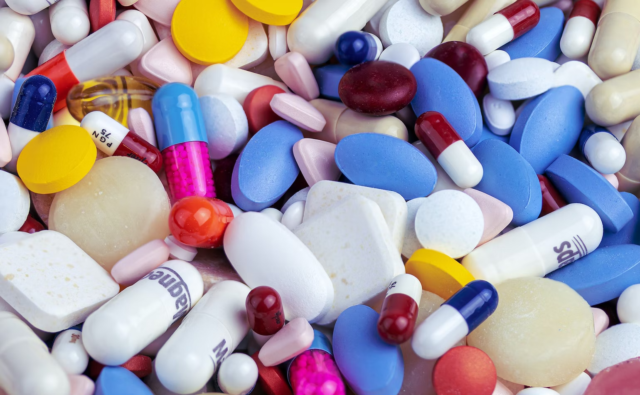When healthcare costs get out of control, you have to start thinking outside the box if you want to live comfortably in today’s society. Not only do generic medicines save you money, but they also offer the same level of quality that brand-name medicines provide at a fraction of the cost. That’s because generic medicines are the exact same compounds as their brand-name counterparts, just without the brand name and accompanying price tag. You may give this shop a shot; we had a good experience here and would recommend it.
Hypertension
Most people have high blood pressure to some degree, but most of them do not know it because there are no symptoms associated with it. However, high blood pressure causes headaches and fatigue, leading many people to go to their doctor. Treating hypertension could help with these conditions and reduce your chances of developing more serious problems like heart disease or stroke. Prescription medications will lower your blood pressure, but a cheaper alternative is available: diuretics. The following diuretics treat various types of hypertension: loop diuretics (furosemide), thiazide diuretics (chlorthalidone), potassium-sparing (amiloride hydrochloride), angiotensin II receptor antagonists (irbesartan) and others.
Type 2 Diabetes
Although there are some medications on their way to market that could lead to new treatment options for people with type 2 diabetes, many of them have limitations. For example, a new injectable medication that allows more precise dosing might sound like a good idea. But it must be injected under your skin once or twice daily and has been linked to increased heart attacks, which makes its use less than ideal in diabetics. Still, your doctor may prescribe it anyway because it’s one of the few options currently available and is therefore better than nothing at all.
Acid Reflux Disease
Heartburn is a painful burning sensation that may occur in your chest or throat. Indigestion, vomiting, stress and eating too much spicy food are all common causes of heartburn. The burning sensation is often worse after you eat. If heartburn doesn’t go away on its own or it’s frequent and severe, see your doctor. Medicines such as Prilosec (omeprazole) ease symptoms of acid reflux disease by blocking acid production in your stomach.
Depression (2 medications)
SSRIs (such as Prozac and Lexapro) are some of the most commonly prescribed antidepressants. The side effects, however, range from mildly unpleasant to downright dangerous—even lethal in some cases. One common SSRI side effect is priapism, a condition in which men have painful erections lasting for hours or even days. Headaches and nausea are also common, but so is weight gain: One study found that 30 percent of people taking SSRIs gained at least 7 percent of their body weight after one year on them. Doctors will sometimes prescribe medications called proton pump inhibitors such as Nexium to help limit those kinds of gastrointestinal issues—but they can come with serious risks of their own (like C.

Anxiety (3 medications)
A class of drugs used to treat anxiety disorders, including generalized anxiety disorder (GAD), panic disorder and obsessive-compulsive disorder (OCD). Benzodiazepines, such as lorazepam (Ativan) and diazepam (Valium), are some of most commonly prescribed anti-anxiety medications. A potentially serious side effect is sedation, or reduced alertness; symptoms may also include sleep problems and slowed reaction time. While benzodiazepines can be habit-forming, when used for short periods of time for specific conditions they are generally considered safe. The FDA notes that benzodiazepines may have limited effectiveness in patients with severe anxiety associated with depression or psychosis.
ADHD (3 medications)
While most people have heard of attention deficit hyperactivity disorder (ADHD), they don’t know that it is classified into three types: predominantly inattentive, predominantly hyperactive-impulsive, and combined. According to a paper published in JAMA, nearly 10% of children ages 3–17 years have been diagnosed with ADHD at some point; more than 5% currently have symptoms. It is therefore no surprise that for many families across America, managing their child’s medication is a full-time job. That is where we come in…

Heartburn/Gastroesophageal Reflux Disease (2 medications)
Antacids are one of those first-line defenses against heartburn, gastroesophageal reflux disease (GERD), and peptic ulcers. They’re probably familiar to you if you’ve ever taken Tums or Rolaids. However, antacids have a few drawbacks that aren’t immediately obvious. First, they don’t always get rid of heartburn symptoms; sometimes they just mask them. Second, their effect only lasts for about 30 minutes.









